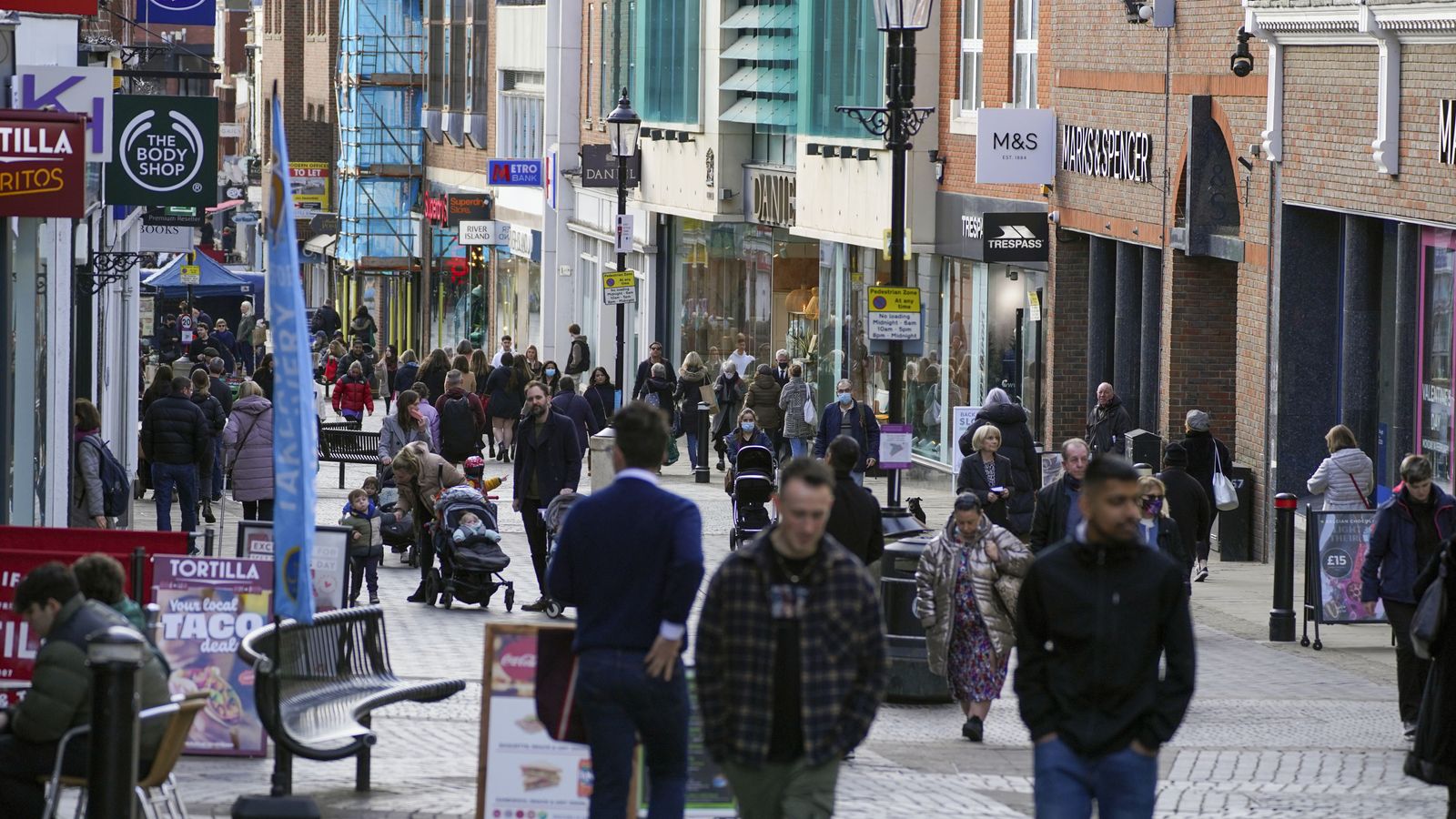There is no sugar coating the situation – the latest inflation figures are grim and another bleak milestone in the long march of the cost of living crisis.
Inflation in the 12 months to July soared to a huge 10.1%.
This is now the 11th month in a row where inflation is above the 2% target set by the Bank of England, it is yet again above what economists expected and it’s the first time in 40 years that inflation has topped double digits.
It’s worth reminding ourselves that last time inflation was this high the UK was battling with a deep and severe economic crisis.
The years that followed the period of double-digit inflation in the early eighties brought job losses and pain to many thousands of people.
Over the months the main contributors have shifted, often between surging energy and fuel, but this month there is one very clear standout driver – food.
In fact the upward movement of food prices this month was three times that of the next biggest contributor.
Millions of public sector workers preparing to vote on strikes in what could be biggest wave of industrial action since 1970s
Inflation hits double figures soaring to new 40-year high as cost of living crisis deepens
Could ‘remarkably robust’ jobs market pave the way for a fresh interest rate rise?
The prices of food and non-alcoholic beverages rose over 12% and depressingly, the items driving this were things we’d consider staples, bread, cereal, eggs, milk and cheese.
Yet more reminder of how unavoidable this crisis is.
The scary bit is that although this feels bad that the moment we are arguably in something of a “calm before the storm” moment.
Forecasters say that come October the energy price cap could rise by some 80%, by the spring some have estimated bills could exceed an extraordinary £5000 a year.
The current drought sweeping Europe is likely to make things worse.
While low water levels along Germany’s River Rhine is affecting trade, low crop yield will likely push food prices up further.
Inflation is expected to peak in excess of 13%, some say even more.
And if people can’t afford to spend their money in the economy, businesses will suffer and jobs will be lost making the whole thing worse, indeed the Bank of England has forecast a recession set to last over a year.
Unemployment will seriously compound an already serious crisis.






















